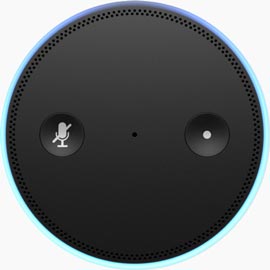
#11 - Concussion Story: Why Baseline Testing is so Important
We’ve received a lot of concussion stories that will be beneficial to anyone who needs more information about concussions. I want to share a few with you over the next few weeks. This story illustrates why concussion baseline testing is so important.
Our first story is a woman in Canada who received her third lifetime concussion from a fall on some ice in her driveway. Keep in mind that falls are the most common cause of concussions, so it’s a commons scenario.
The symptoms were similar to her last two concussions: seeing stars, headache, and dizziness. She worked in air traffic control so a lot of her symptoms were written off as side effects of a stressful job.
This third concussion, she had post-concussion syndrome, where the symptoms lingered for months and months after the injury. She couldn’t drive and symptoms were seriously affecting her life. She had always been a little off-balance and dizzy, so her doctors didn’t know if some of her symptoms were normal for her or if they were lingering symptoms from the concussion.
After four months, she was cleared to go back to work. She said she wished she’d had a baseline so that the doctors had a better idea of where she needed to get back to, mentally and physically.
We hear stories similar to this one frequently. One of the most intimidating things about concussions is that they look differently for each person that gets one. There’s no “one size fits all” approach to treating the injury.
That’s why concussion baseline testing is so very important. If a doctor knows what your “normal” is, they can help you get back there with the right treatment and rehabilitation. Visit BaselineTesting.com to learn more and to take your own baseline test.
OTHER FLASH BRIEFINGS YOU MIGHT FIND HELPFUL:

